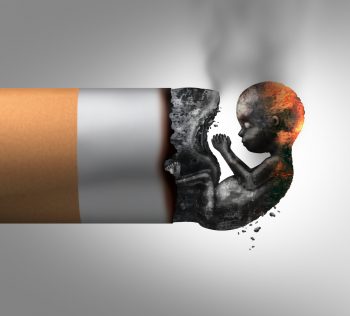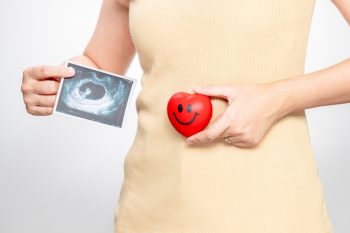Pregnancy is a joyous journey, but it can be a rollercoaster ride for some women. One of the most heartbreaking experiences that a woman can go through is a miscarriage. It’s a difficult subject to talk about, but it’s important to understand the signs and symptoms, especially if you’re pregnant. How do you know if you had a miscarriage?
Miscarriage affects up to 20% of pregnancies, and it can happen to anyone, regardless of age or health status. In this blog post, we’ll discuss how to know if you had a miscarriage, the possible causes, and what to do if you suspect you have had a miscarriage.
Understanding the signs and symptoms of miscarriage
A miscarriage is a pregnancy loss that occurs before 20 weeks of gestation. The most common sign of a miscarriage is vaginal bleeding, which can range from light spotting to heavy bleeding.
Other signs and symptoms include cramping, back pain, abdominal pain, and the passing of tissue or clots. Some women also experience a sudden decrease in pregnancy symptoms, such as nausea, fatigue, and breast tenderness.
Keep in mind that these symptoms do not necessarily mean you’ve had a miscarriage, as they can be caused by other factors like ectopic pregnancy or cervical issues. However, if you experience any of these symptoms, it’s best to consult with your healthcare provider.
Possible Causes of Miscarriage
There are several possible causes of miscarriage, but the majority of them occur due to chromosomal abnormalities in the fetus. Other risk factors include maternal age, health status, lifestyle choices, and environmental factors.
For instance, smoking, alcohol consumption, and exposure to certain chemicals and drugs can increase the risk of miscarriage. In some cases, underlying conditions like diabetes, thyroid disorders, and autoimmune diseases can also contribute to pregnancy loss.

What to Do if You Suspect a Miscarriage
If you experience any signs or symptoms of a miscarriage, it’s essential to seek medical care right away. Your healthcare provider will perform a physical exam and may order blood tests, ultrasounds, and other diagnostic tests to confirm whether you’ve had a miscarriage or not.

Depending on the severity of the miscarriage, you may need medical treatment, such as medication or surgery, to remove the remaining tissue or prevent complications. It’s essential to take care of yourself emotionally during this challenging time. Reach out to your loved ones, join a support group, or seek professional counseling if needed.
How to Cope With Miscarriage
Coping with a miscarriage can be a daunting task, both physically and emotionally. It’s essential to give yourself time to grieve and heal. Take care of your physical health by getting enough rest, eating nutritious foods, and avoiding strenuous activities.
You might benefit from talking to a counselor or therapist to work through your emotions and feelings. Many women find comfort in joining support groups or connecting with other women who have gone through the same experience. Remember that everyone’s journey is unique, and there’s no right or wrong way to cope with a miscarriage.

Future Pregnancy After Miscarriage
Many women who’ve had a miscarriage worry about future pregnancies. The good news is that the majority of women who experience a miscarriage go on to have a healthy pregnancy in the future.

However, it’s important to take care of your physical and emotional health before and during pregnancy. Consider taking prenatal vitamins, quit smoking and drinking alcohol, and maintaining a healthy weight. Talk to your healthcare provider if you have any concerns about your pregnancy journey.
Miscarriage is a challenging experience for any woman, and it’s essential to understand the signs and symptoms. It’s important to seek medical care right away if you suspect a miscarriage, and take care of yourself physically and emotionally during this time.
Coping with the loss of a pregnancy can take time and healing looks different for everyone. It’s important to remember that you’re not alone and have a strong support system. With time, patience, and care, many women go on to have a healthy pregnancy after a miscarriage.


